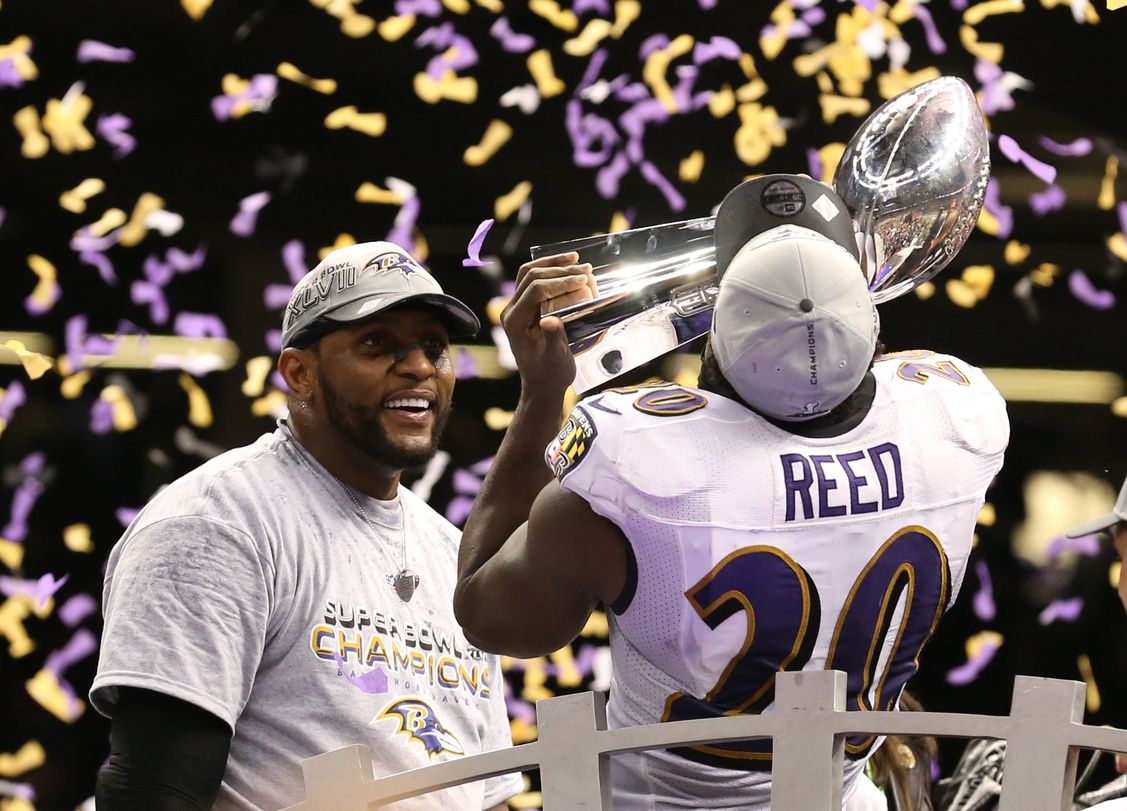When the Super Bowl 47 blackout occurred in the game between the San Francisco 49ers and Baltimore Ravens, it suddenly cut out power early in the third quarter. On Feb. 3, 2013, the millions watching the CBS broadcast might have suspected something was amiss. It turned out to be 34 minutes of stoppage time, which will live in infamy.

The Night the Lights Went Out in New Orleans: Was It a Conspiracy?
Steve Tasker took to the airwaves to announce the electrical problem.
“This is Steve Tasker, sideline reporter for the Super Bowl 47. If you’re expecting to hear our friend Jim Nantz, it may be a moment before he gets on. Half the power in New Orleans stadium, the Superdome here, is out,” Tasker said, not knowing when power would be restored.
Some thought and still think the blackout was a conspiracy for the 49ers to climb back into the game.
Jacoby Jones of the Baltimore Ravens had returned the second-half kickoff 108 yards for a touchdown. The Ravens were leading 28-6, and they had just sacked 49ers quarterback Colin Kaepernick on second down.
The rout was on, and then the lights went out. Linebacker Ray Lewis smelled something afoul.
“You cannot tell me someone wasn’t sitting there, and when they say, ‘The Ravens (are) about to blow them out. Man, we better do something,’” he said in an interview for NFL Films’ “America’s Game” later that year. “That’s a huge shift in any game, in all seriousness.”
The actual explanation was more realistic. A newly installed device called a relay automatically cut power to the stadium when the amperage hit a certain level because the factory settings were not set high enough.
Entergy, the local electric company, vows that won’t happen Sunday when the Super Bowl returns to New Orleans for the first time in 12 years.
The company doesn’t use the same equipment that caused the blackout anymore. There is electrical flow, and the stadium has hosted New Orleans Saints games and concerts for more than a decade without incident.
Those concerts have included Beyonce, whose halftime show in 2013 preceded the blackout, and Taylor Swift, who brought 200,000 fans to the Caesars Superdome over three nights in October prior to the big game.
“Some called that weekend the ultimate tabletop exercise,” Entergy said in a statement.
While the 49ers laugh at Lewis’ conspiracy theory — “We had the same delay they did,” offensive tackle Joe Staley said — there’s no question they benefited from the reset.

